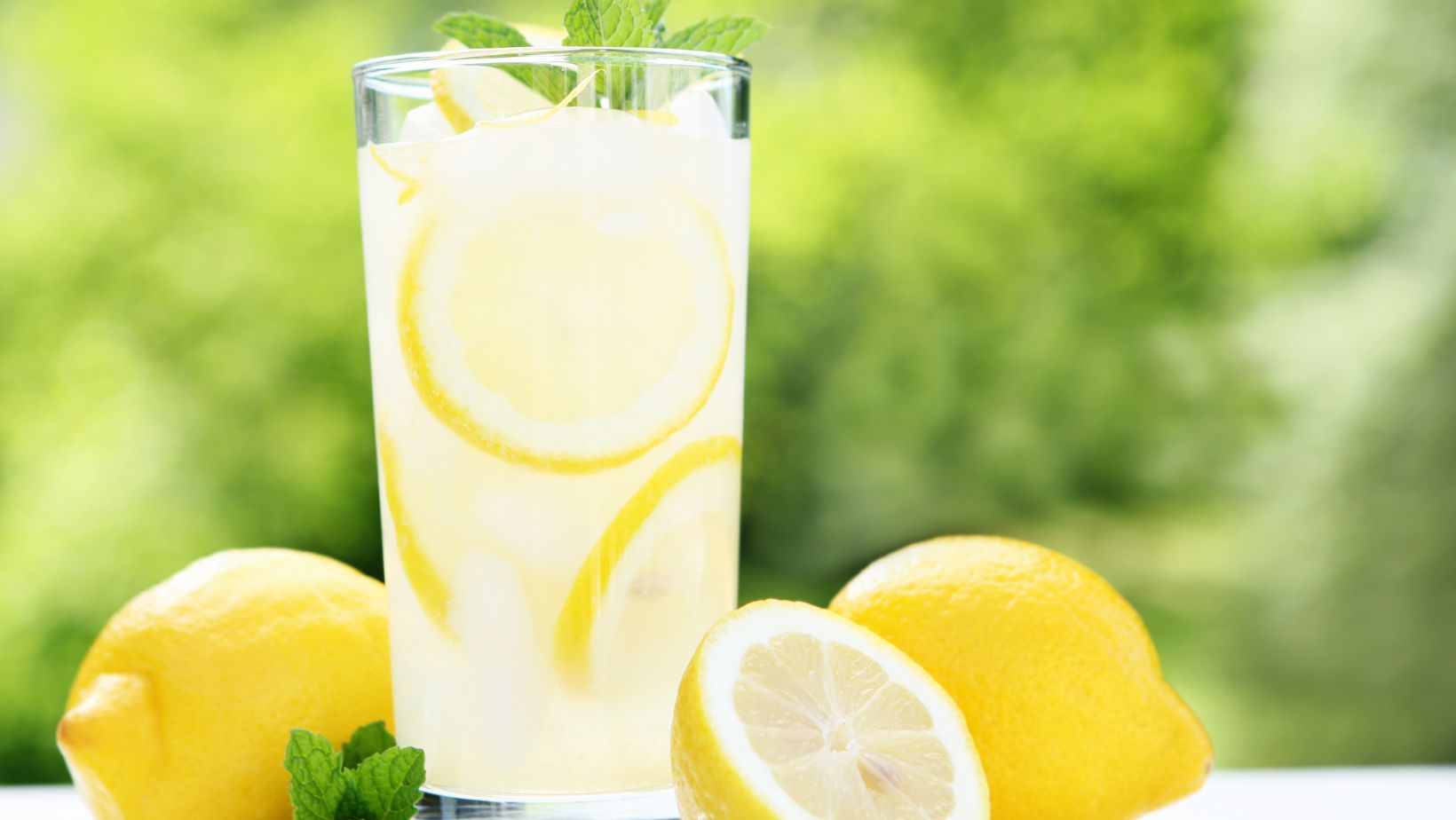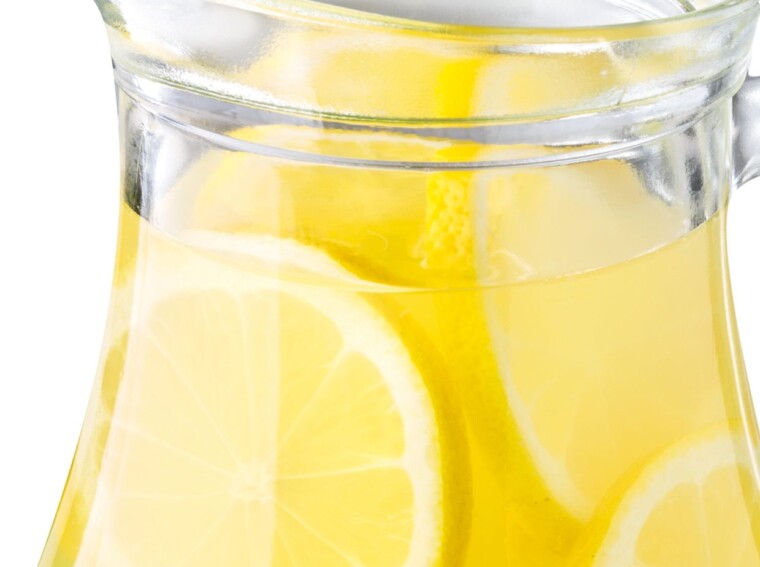Storing Lemonade in a Pewter Pitcher Can Result In
Who doesn’t love a cold glass of lemonade on a hot summer day? I sure do. But believe it or not, storing that fresh homemade lemonade in certain kinds of containers can have unexpected results. In particular, storing lemonade in a pewter pitcher can lead to some surprising outcomes.
Pewter is an alloy primarily composed of tin but often mixed with other metals such as copper and antimony. It’s been used for centuries to make all sorts of things from tableware to decorative items due its beautiful luster and malleability. But when it comes into contact with acidic substances like lemonade, things get interesting.
You may think that using a pewter pitcher would add a touch of elegance to your summer refreshments. However, storing your delicious citrus concoction in this kind of metal container might not be the best idea. The reason is quite simple: lemonade’s acidity can react with the metals in pewter, leading to changes both in your drink and the pitcher itself.
For more amazing content, see our next article!
Understanding Pewter Pitchers and Their Composition
Before we dive into the specifics of storing lemonade in a pewter pitcher, it’s vital to understand what pewter is made of. Pewter is a malleable metal alloy primarily composed of tin (around 85-99%). The remaining percentage is typically filled with copper, antimony, bismuth, or sometimes silver.
In the past, lead was commonly used as a component in pewter, which brought up health concerns due to lead’s toxicity. However, these days you’ll find that most modern pewter items are entirely lead-free, replaced instead with safer constituents like antimony and copper.
So why should this matter when you’re just looking to store some refreshing lemonade? It all comes down to chemistry! Lemonade is acidic due to its citric acid content from lemons. When an acidic substance such as lemonade interacts with certain metals like tin or copper (found in our friendly pewter pitcher), it can result in a chemical reaction.

Why Lemonade? The Acidic Nature Explored
I’m sure you’re all wondering why we’re focusing on lemonade in our discussion about storing drinks in pewter pitchers. It’s not just a random choice; there’s a scientific reason behind it. Lemonade, like many other citrus-based beverages, is known for its high acidity.
Acidity is measured using the pH scale, which ranges from 0 (extremely acidic) to 14 (incredibly alkaline), with water sitting at neutral 7. Now, lemonade typically has a pH between 2 and 3, making it quite acidic.
| Beverage | Typical pH |
| Water | 7 |
| Lemonade | 2-3 |
This acidity doesn’t just give lemonade its tangy taste; it impacts how the beverage interacts with certain materials—like pewter.
Pewter is a malleable metal alloy traditionally made of tin mixed with small amounts of other metals such as copper and lead. It was often used in household items including pitchers due to its durability and sheen.
But here’s where things get interesting: pewter reacts to acid. When an acidic liquid like lemonade is stored in a pewter pitcher, the acid can leach out the lead content, leading to potential health risks if consumed.
- Lead poisoning
- Kidney damage
- Reproductive issues
So while I love my old-world charm as much as anyone else, when it comes to storing lemonade or any other acidic drink—think twice before reaching for that antique pewter pitcher! This isn’t about tarnishing Grandma’s heirloom—it’s about protecting your health.
